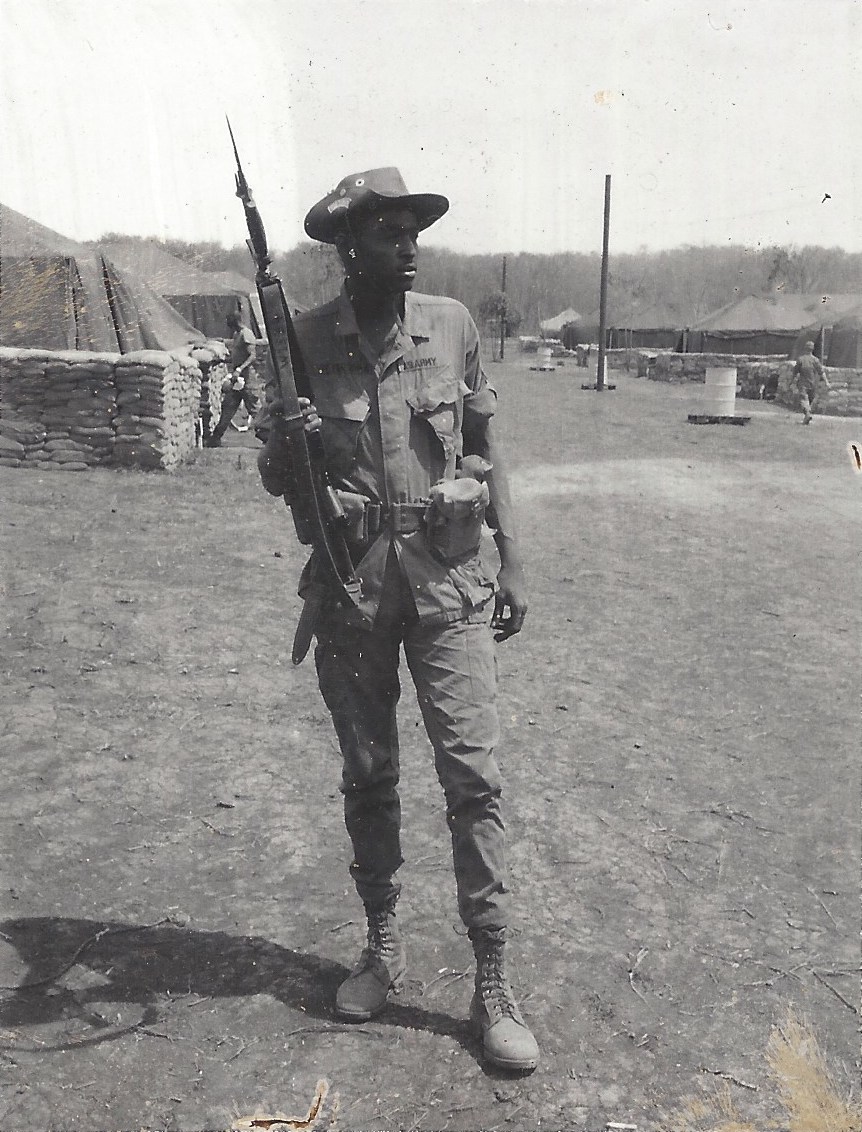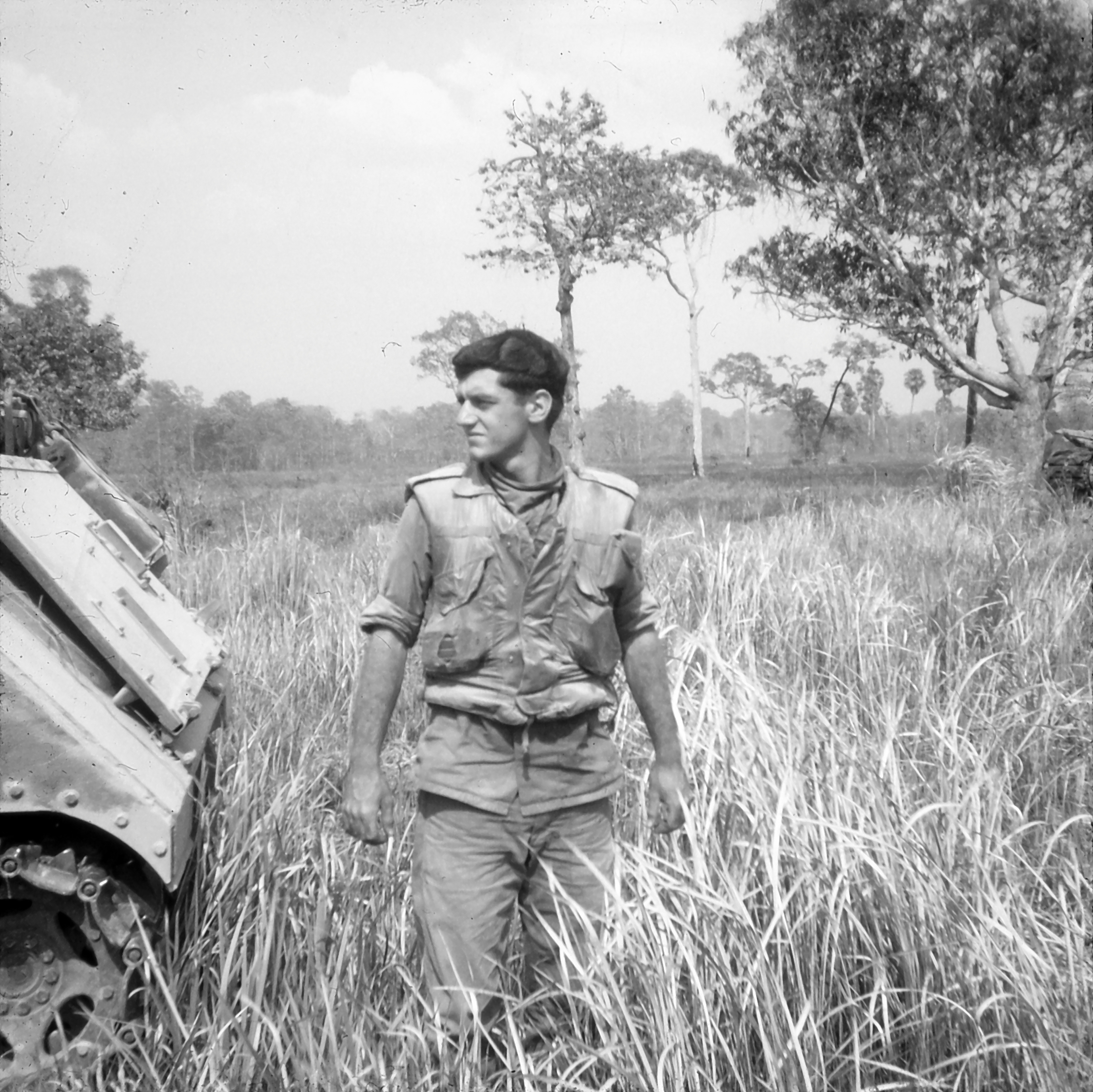Denyce Graves on performing at the National Memorial Day Concert and President Biden giving her a shoutout in his inaugural speech.
By Jami Philbrick
The 32nd National Memorial Day Concert returns with an all-star lineup to salute our American heroes. The PBS multi-award winning show is hosted by Joe Mantegna and Gary Sinise with Denyce Graves performing “American Anthem,” which has a very special meaning to her and President Biden who mentioned the song in his inaugural speech.
“I jumped out of my chair and started screaming. I was doing a hallelujah dance in my living room. That was just terrific. I had sung that song at the memorial service for the late Ruth Bader Ginsburg’s funeral and then President-elect Biden was in attendance and heard that song. He came up to me after the service and said, ‘I love that song. What is that song?’ So, we had a chance to talk about the piece and he told me how meaningful it was to him. When he quoted that at the end of the inaugural, I almost passed out. I couldn’t believe it,” Graves exclusively told The Voluntourist.
RELATED: How Joe Morton is paying tribute to Black soldiers at the 32nd National Memorial Day Concert
The 2021 NATIONAL MEMORIAL DAY CONCERT will share the following stories:
Vietnam Nurses Tribute – performed by Emmy Award-winning actress Kathy Baker (PICKET FENCES).
The concert will honor the more than 265,000 women who served during the Vietnam War era and pay special tribute to the sacrifice and heroism of the nurses who served in Vietnam, saving thousands of lives and comforting the dying in their final moments. The experiences of Diane Carlson Evans, founder of the Vietnam Women’s Memorial in Washington, D.C., will be shared.
70th Anniversary of the Korean War – portrayed by Emmy Award-winning actor Joe Morton (SCANDAL).
Now, seventy years after the Korean War, the concert will pay tribute to the more than 1.7 million Americans sent to fight in this brutal conflict, and the over 36,000 American lives lost. No group exemplified the courage and heroism of our fighting forces more than the 2nd Ranger Infantry Company. Taking on dangerous assignments, serving with distinction and honor, this elite Airborne unit was the Army’s only all-black Ranger Infantry Company. On the cusp of our military’s integration, these trailblazing heroes changed attitudes, and opened possibilities for all African American men and women in uniform.
20th Anniversary of 9/11 and Gold Star Families – featuring Emmy Award-winning actor Steve Buscemi (BOARDWALK EMPIRE), acclaimed actresses Mary McCormack (WEST WING) and Bailee Madison (A WEEK AWAY). This Memorial Day, in a segment hosted by Steve Buscemi, the concert will commemorate the 20 years since the September 11, 2001 terror attacks, remembering all those who died that tragic day and in the twenty years since in service to our nation. It was a pivotal time for the country, and many Americans were inspired to join our all-volunteer armed forces. The concert will honor these service members and their families affected by a generation at war and share the poignant story of one Gold Star Family.
Due to the pandemic, the National Memorial Day Concert will be pre-taped, instead of the traditional live show held at the West Lawn of the U.S. Capitol. The special 90 minute event airs on PBS Sunday, May 30th at 8:00 P.M. ET and will include General Colin Powell, Gladys Knight, Vince Gill, Sara Bareilles, Alan Jackson, The Four Tops, Steve Buscemi, Joe Morton, Brian d’Arcy James, Kathy Baker, Denyce Graves, Mary McCormack, Bailee Madison and the National Symphony Orchestra, with a Special Performance of the National Anthem by Mickey Guyton.
.

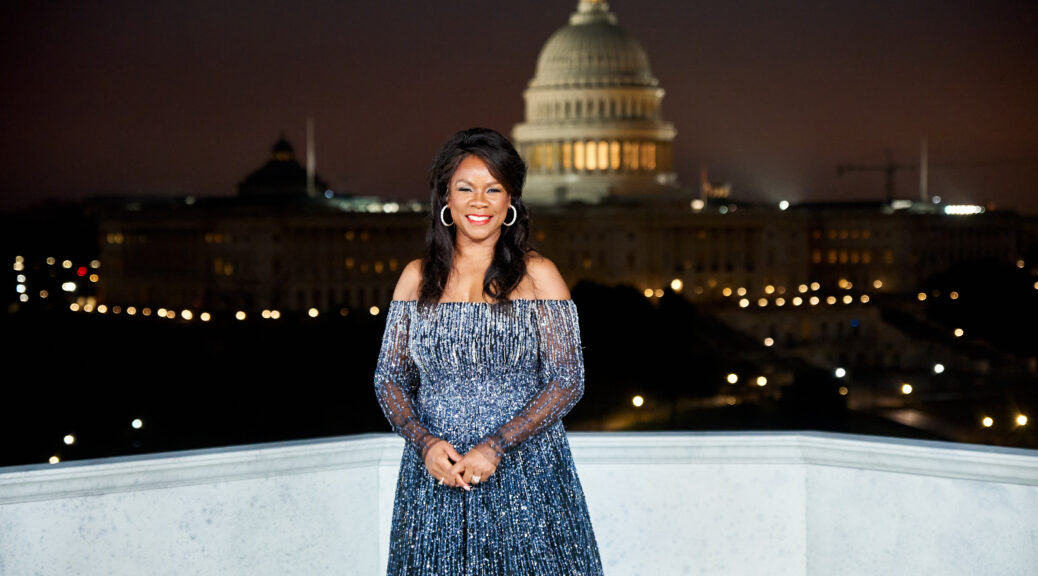
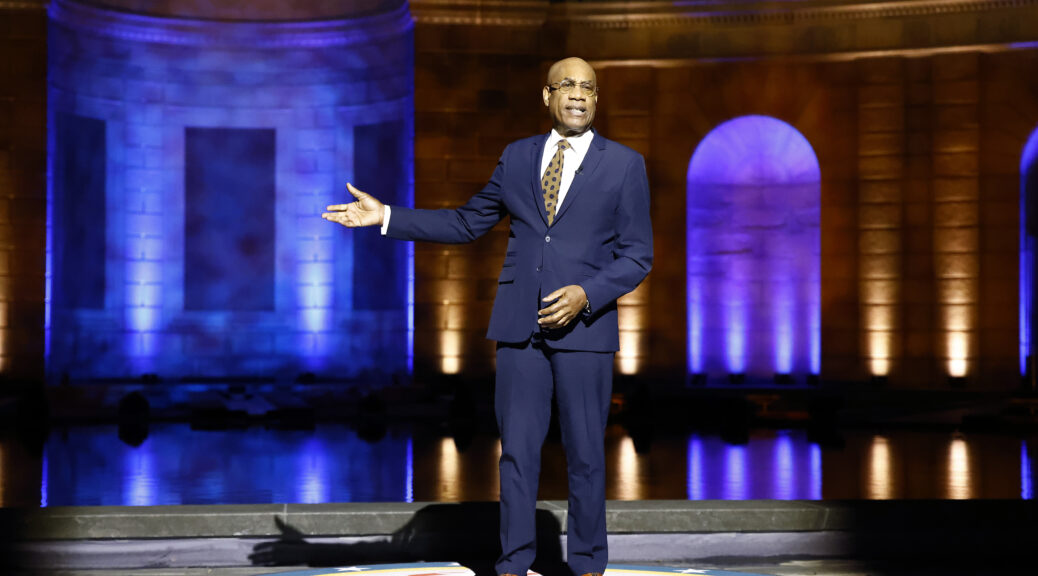
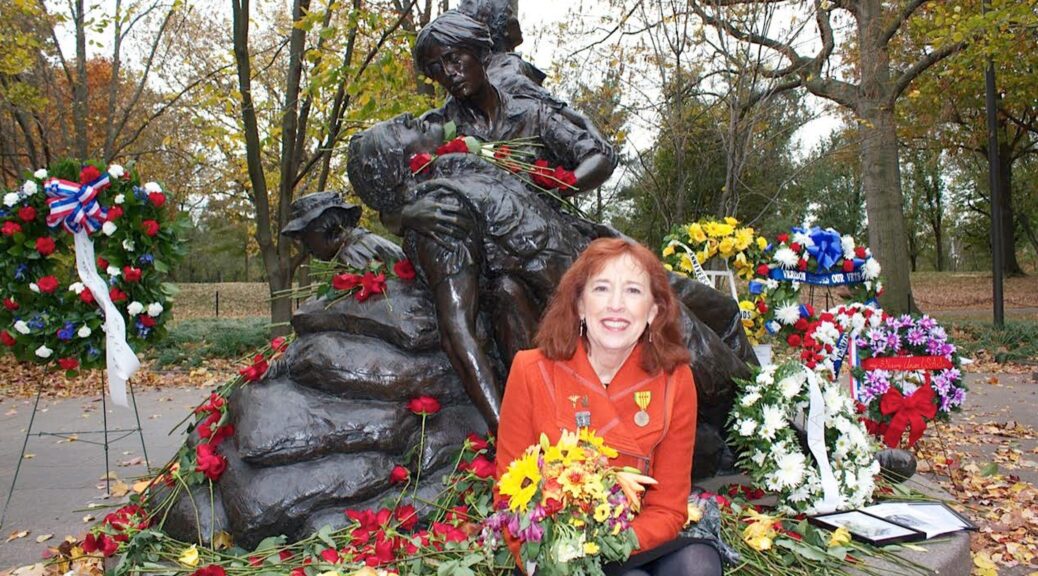
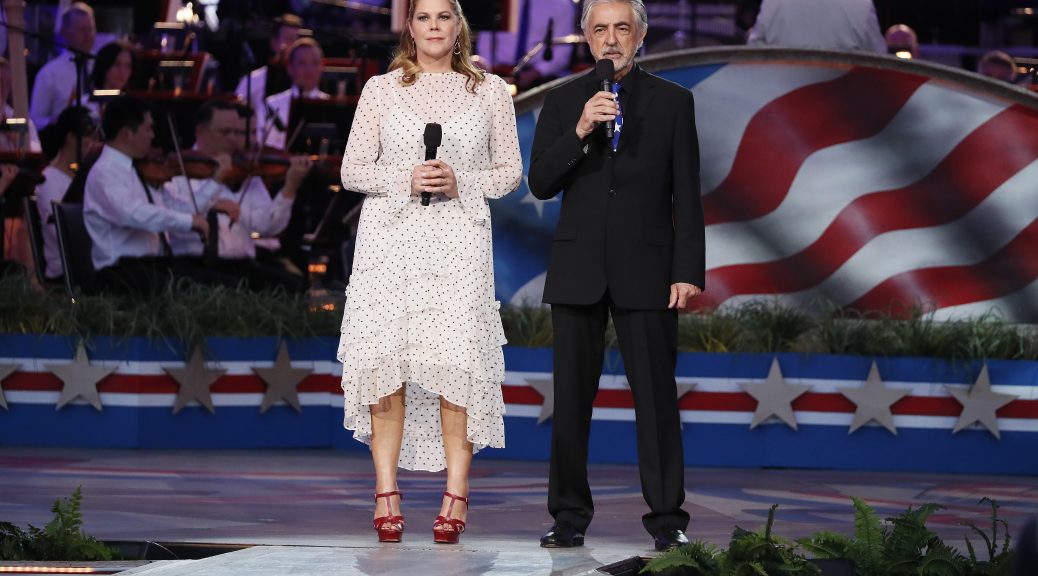
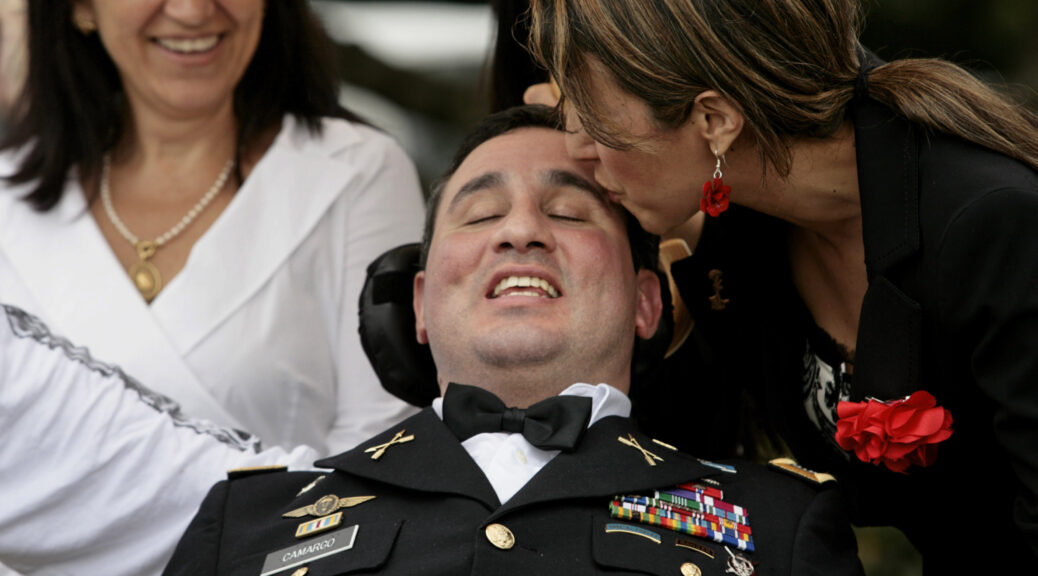
 Romulo and Gaby Camargo
Romulo and Gaby Camargo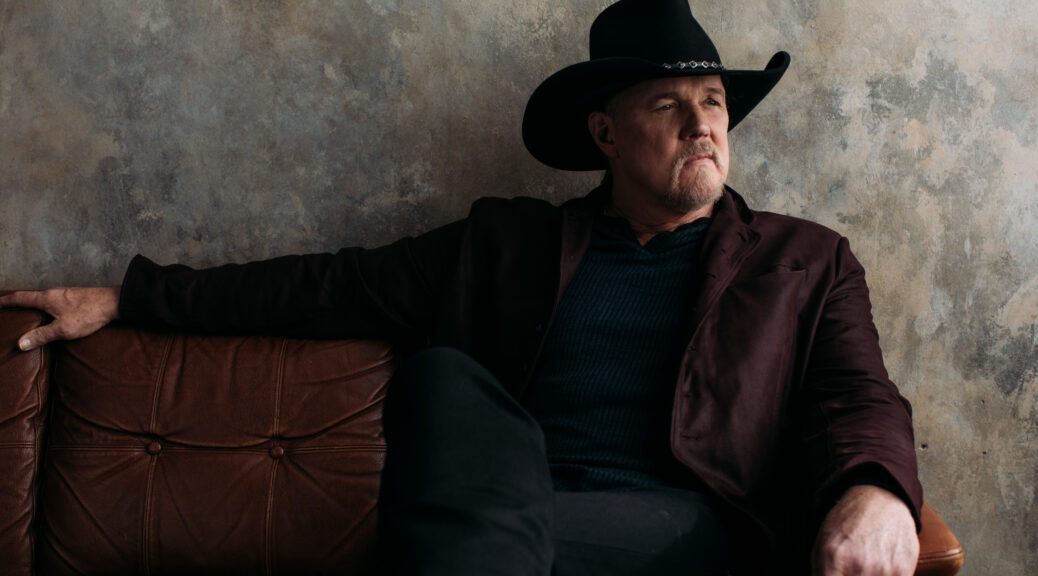
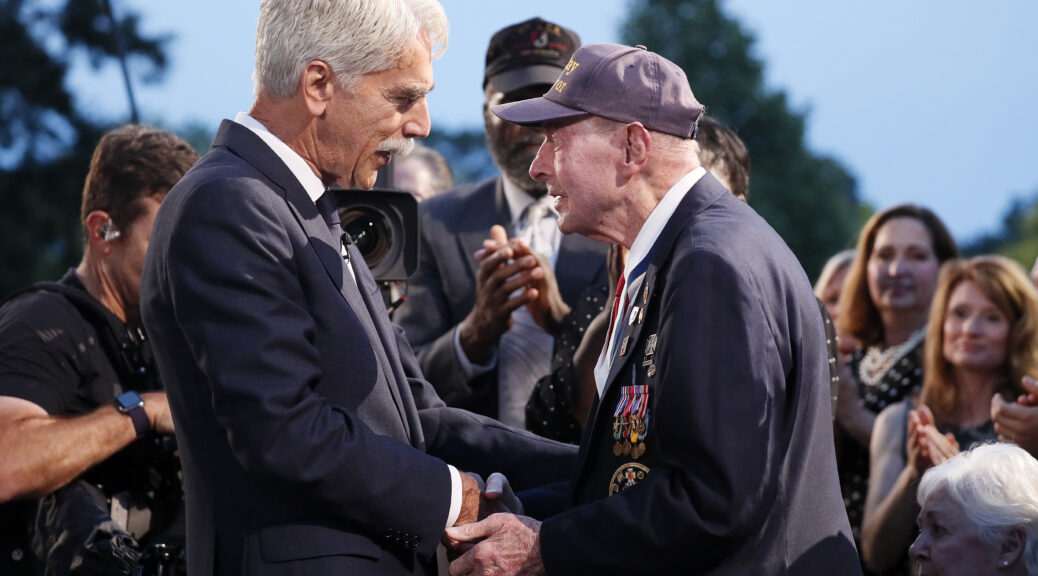
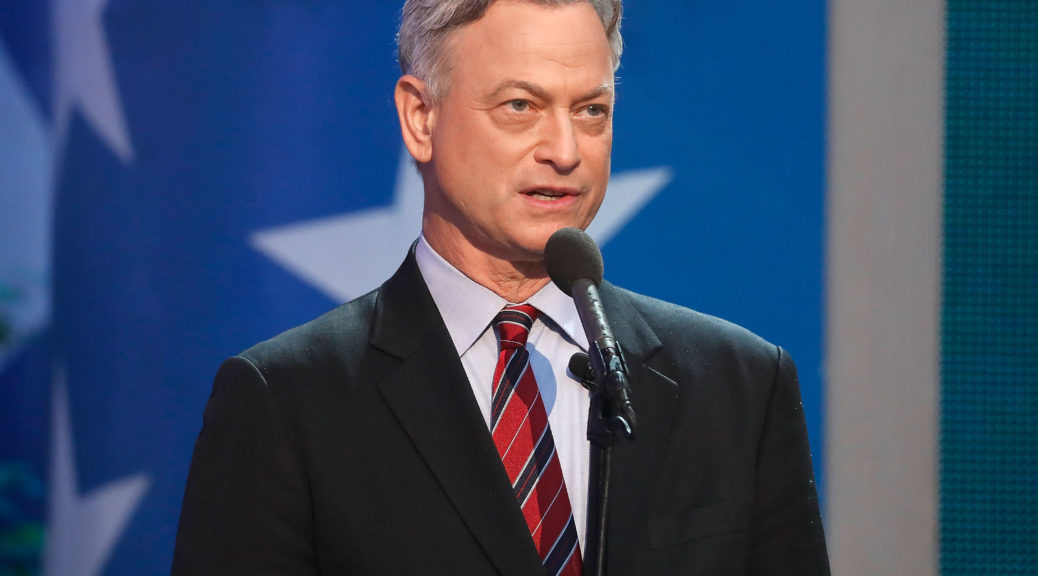
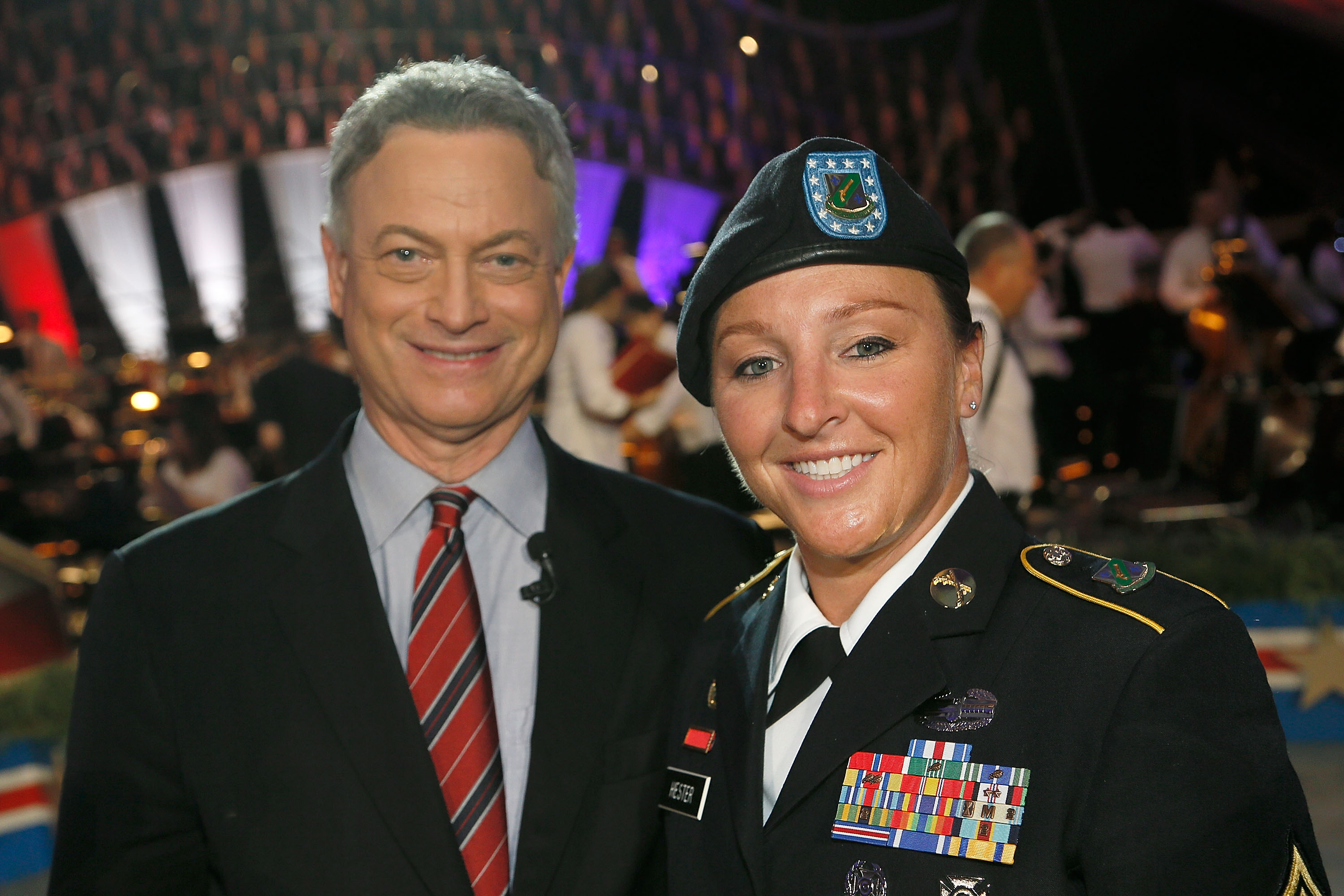 WASHINGTON, DC – MAY 27: Co-host Gary Sinise and Silver Star recipient Leigh Ann Hester pose for photo during the finale of the 2018 National Memorial Day Concert at U.S. Capitol, West Lawn on May 27, 2018 in Washington, DC. (Photo by Paul Morigi/Getty Images for Capital Concerts)
WASHINGTON, DC – MAY 27: Co-host Gary Sinise and Silver Star recipient Leigh Ann Hester pose for photo during the finale of the 2018 National Memorial Day Concert at U.S. Capitol, West Lawn on May 27, 2018 in Washington, DC. (Photo by Paul Morigi/Getty Images for Capital Concerts) WASHINGTON, DC – MAY 29: Actors and co-hosts Gary Sinise and Joe Mantegna onstage at the 27th National Memorial Day Concert on May 29, 2016 in Washington, DC. (Photo by Paul Morigi/Getty Images for Capitol Concerts)
WASHINGTON, DC – MAY 29: Actors and co-hosts Gary Sinise and Joe Mantegna onstage at the 27th National Memorial Day Concert on May 29, 2016 in Washington, DC. (Photo by Paul Morigi/Getty Images for Capitol Concerts)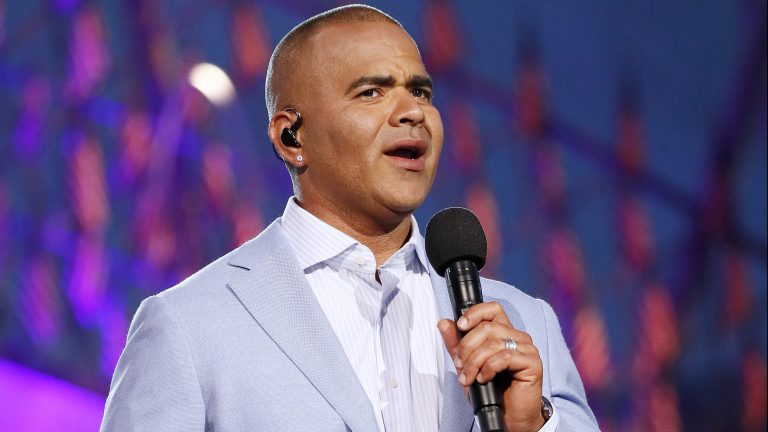
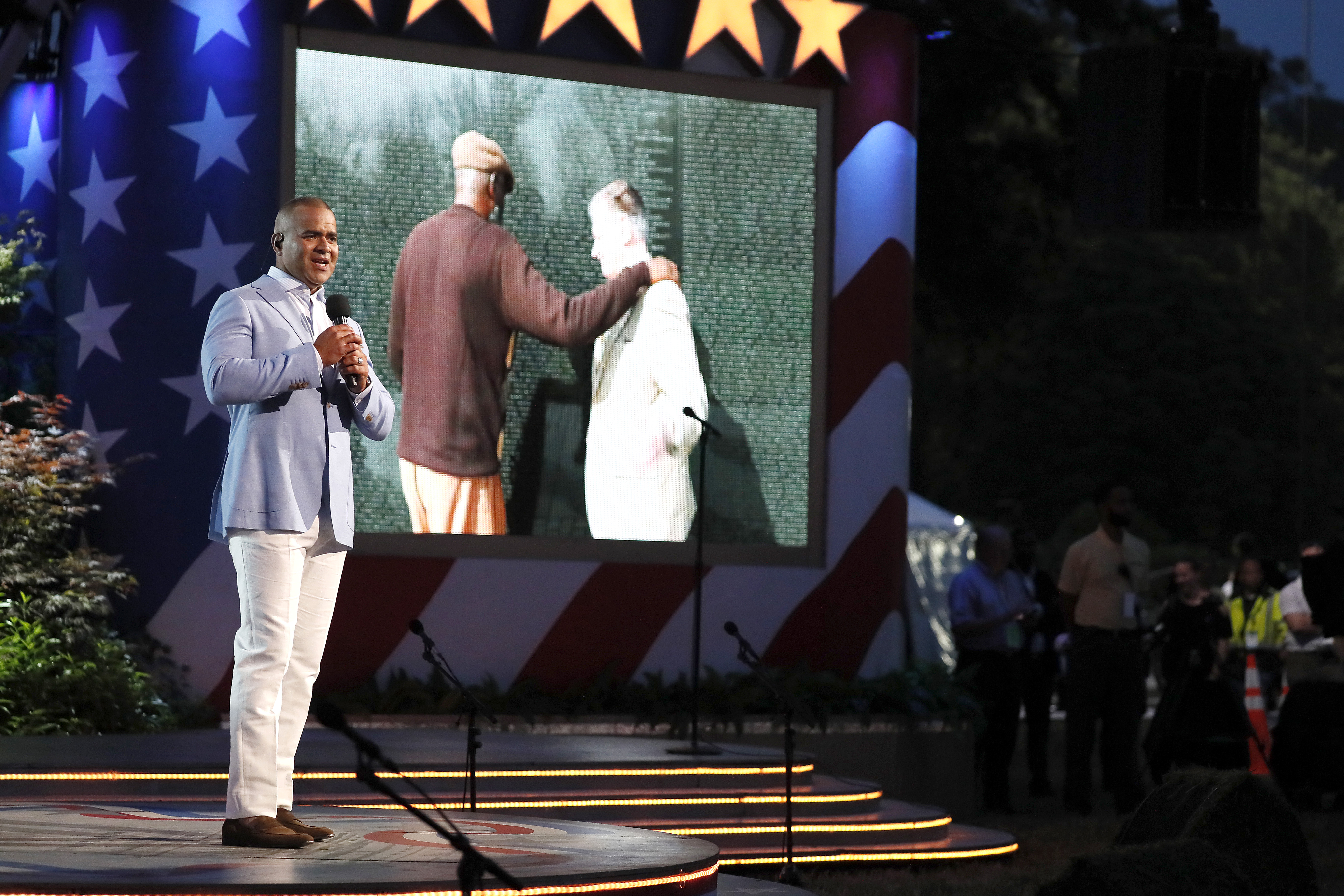
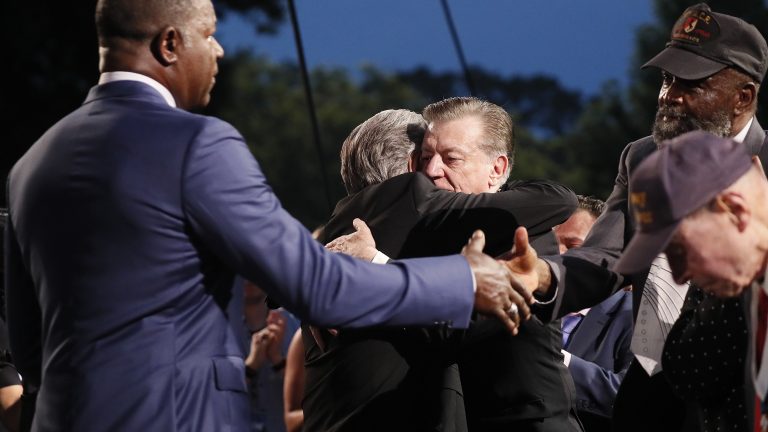
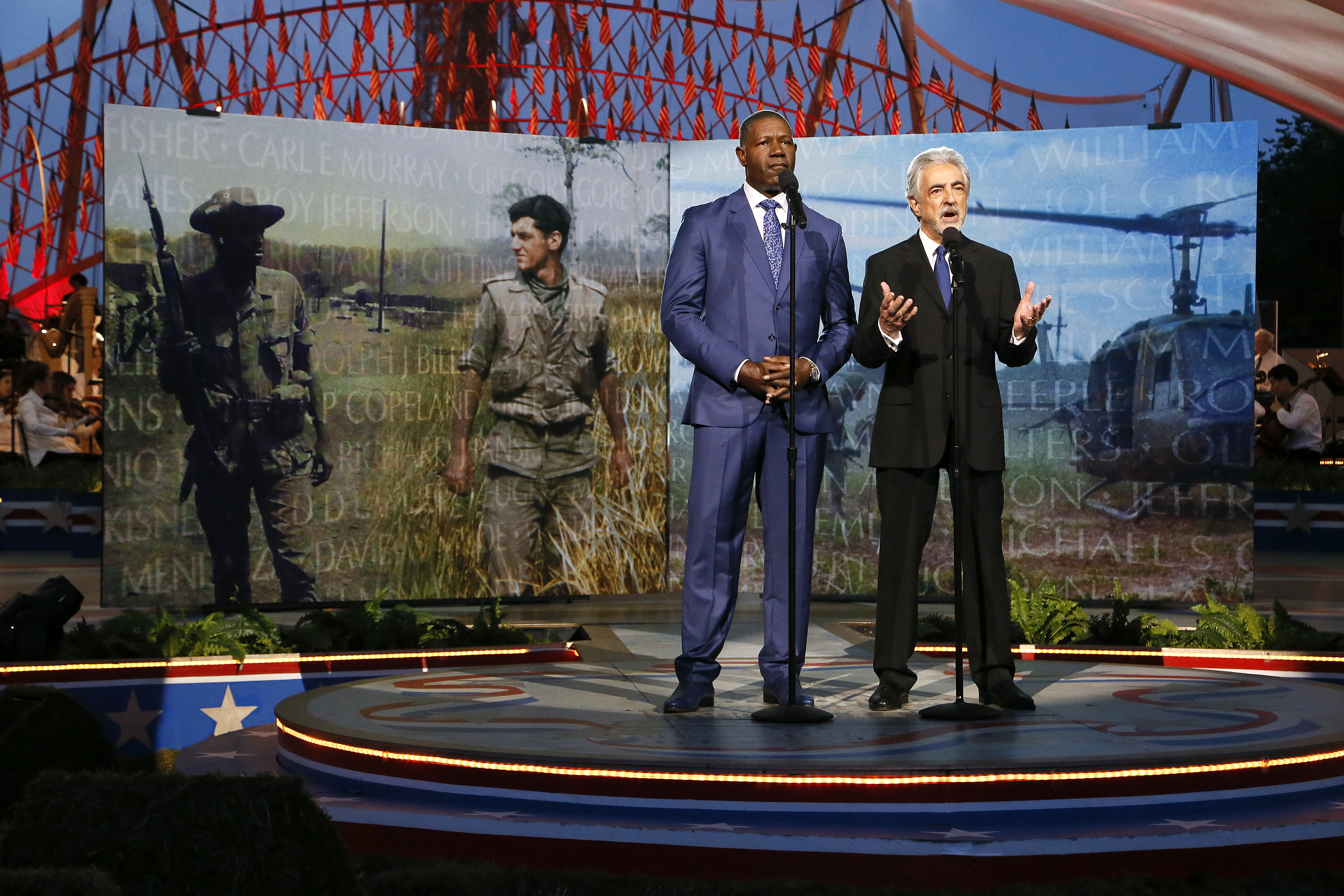 WASHINGTON, DC – MAY 26: Acclaimed actor Dennis Haysbert (L) and Tony Award-winner Joe Mantegna (R) onstage at the 2019 National Memorial Day Concert at U.S. Capitol, West Lawn on May 26, 2019 in Washington, DC. (Photo by Paul Morigi/Getty Images for Capital Concerts Inc.)
WASHINGTON, DC – MAY 26: Acclaimed actor Dennis Haysbert (L) and Tony Award-winner Joe Mantegna (R) onstage at the 2019 National Memorial Day Concert at U.S. Capitol, West Lawn on May 26, 2019 in Washington, DC. (Photo by Paul Morigi/Getty Images for Capital Concerts Inc.)